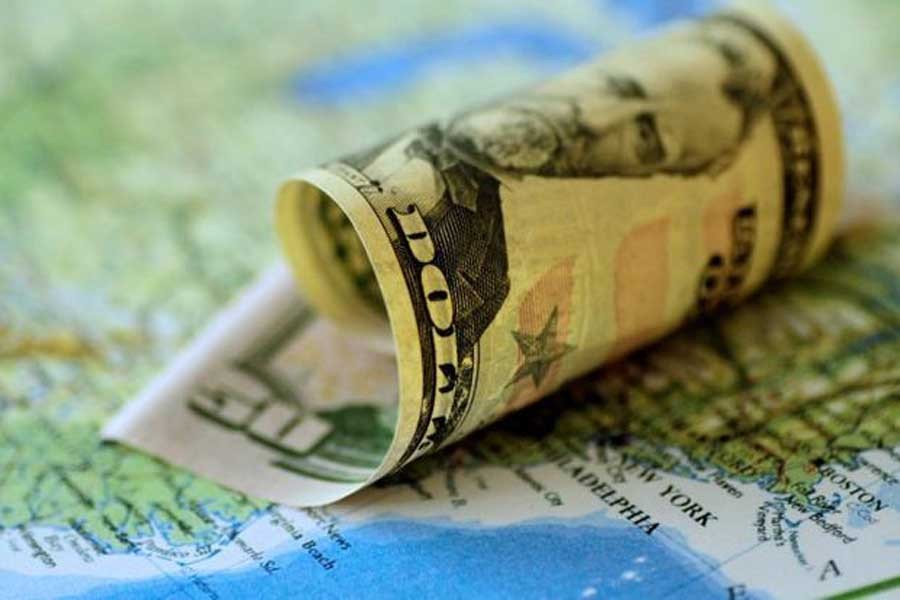There has been no short of calls for sell-off of US Treasuries in China over the past decade, but such a decision should by no means be a political one.
The foremost reason why China cannot consider selling its massive US debt is that other markets - spot, reserve, futures, and gold - have no capacity to absorb such a large amount of assets. What kind of assets other than US Treasuries could be China's new option for foreign exchange reserve? Relevant decisions and choices must make business sense, not political sense.
Indeed, certain individual US congressman recently said that China should relieve a great amount of US debt to pay for the costs incurred on Americans due to the coronavirus pandemic.
Any foreign assets held by a country could be exposed to political policy risks. From the market perspective, the extreme comment by an individual US politician should be perceived as risk. But investment decisions involving trillions of dollars should not be affected by such extreme statements.
It is also true that there have always been calls for China to sell US debt or adjust its foreign exchange reserve structure, considering the large holdings of US Treasuries. China is the second largest foreign holder of US Treasuries, with holdings of over $1 trillion.
It is difficult to answer the question of what the reasonable size for China's foreign exchange reserves is. By some measures, the current size may seem a little bit large, but from some other angles, it may be smaller than expected. From the market perspective, if China's reserves volume drops significantly, it would cause panic. For this reason, China may still need to maintain its foreign exchange reserves above $3 trillion.
In addition, China has made some adjustments in this regard, including investing in some non-US debt and non-US assets. But it seems that the safety, profitability and liquidity management of such investments has always been facing difficulties over the years.

- Thursday, 9 January 2025 |
- Today's FE |
- e-Paper |
- Beta Website

